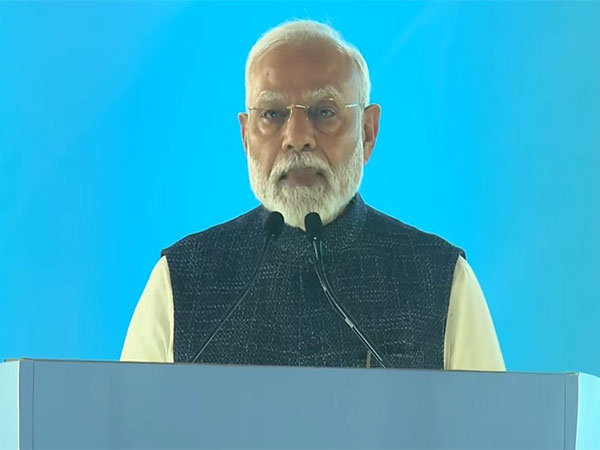India Reinvents Its Criminal Justice System with New Codes
Prime Minister Narendra Modi highlighted the shift from archaic British-era criminal laws to India's newly implemented legal codes. These reforms, involving contributions from justices and legal experts, aim to align the country's justice system with democratic principles and modern challenges, including cybercrime and organized offenses.

- Country:
- India
Prime Minister Narendra Modi emphasized the transformative power of India's newly instituted legal codes on Tuesday, pointing to their departure from British-imposed laws designed to suppress. He underscored that the Nyaya Sanhita champions democratic principles with a focus on the people's empowerment.
Addressing the success of the three new criminal laws, Modi recounted India's struggle for independence and the need to shed colonial legal remnants. He noted that these laws were initially crafted to serve the British regime, necessitating a modern overhaul to reflect a free nation.
The Bharatiya Nyaya Sanhita, Bharatiya Nagarik Suraksha Sanhita, and Bharatiya Sakshya Adhiniyam draw from extensive consultations with various judiciary members and institutions, Modi explained. These laws, operational since July 1, 2024, aim for greater transparency and efficiency to address contemporary legal challenges in India, including cybercrime and organized crime.
(With inputs from agencies.)










